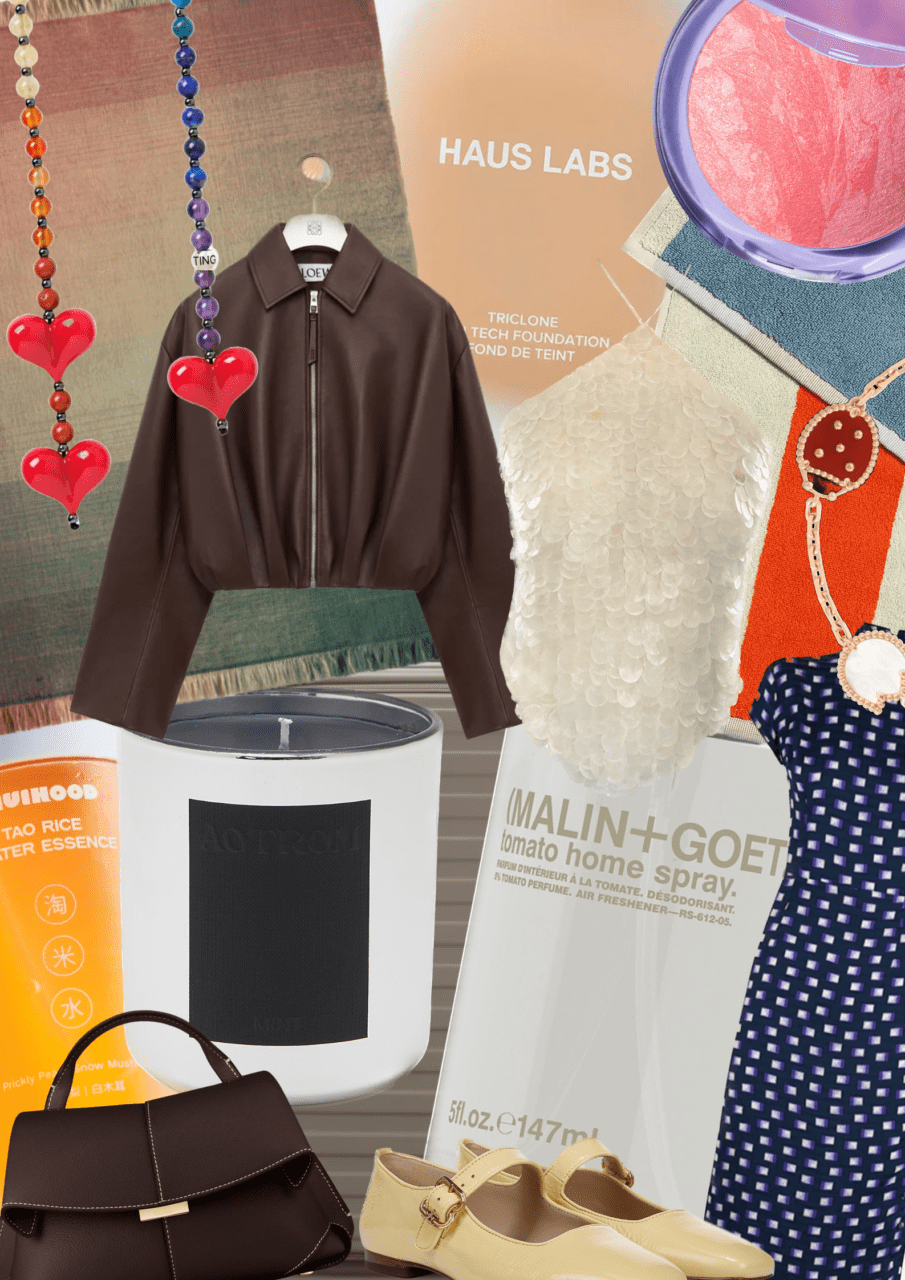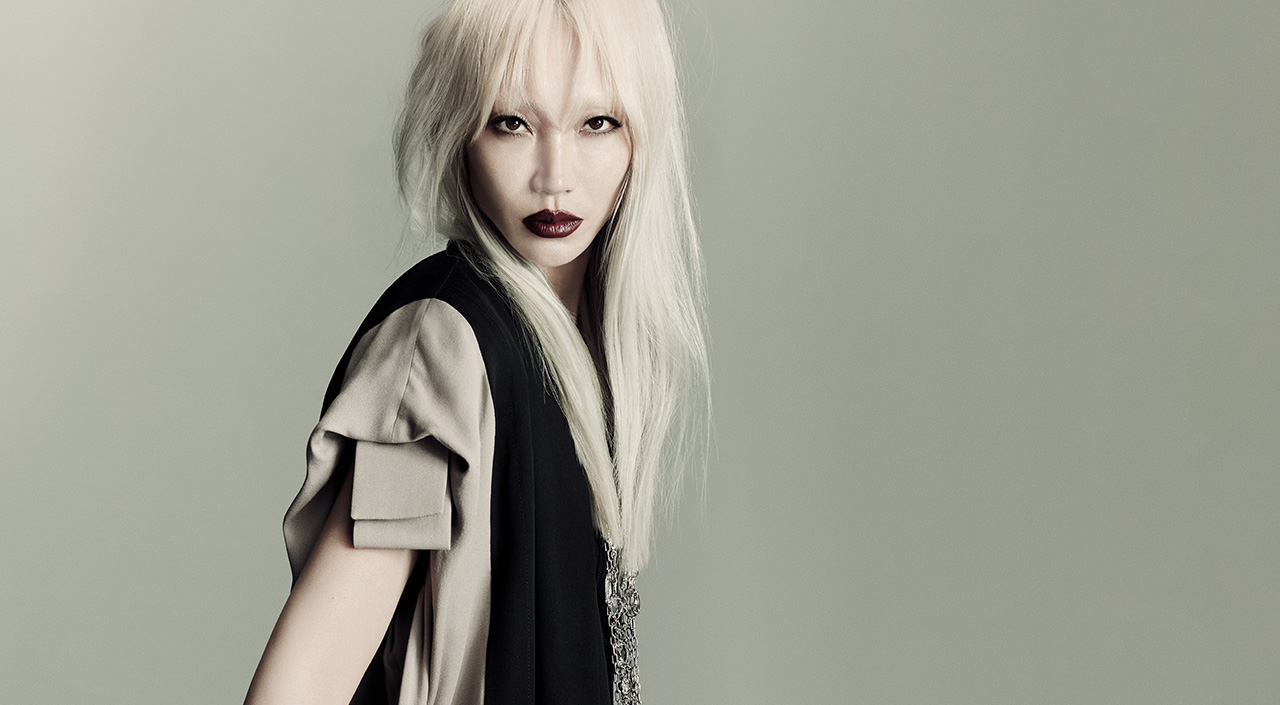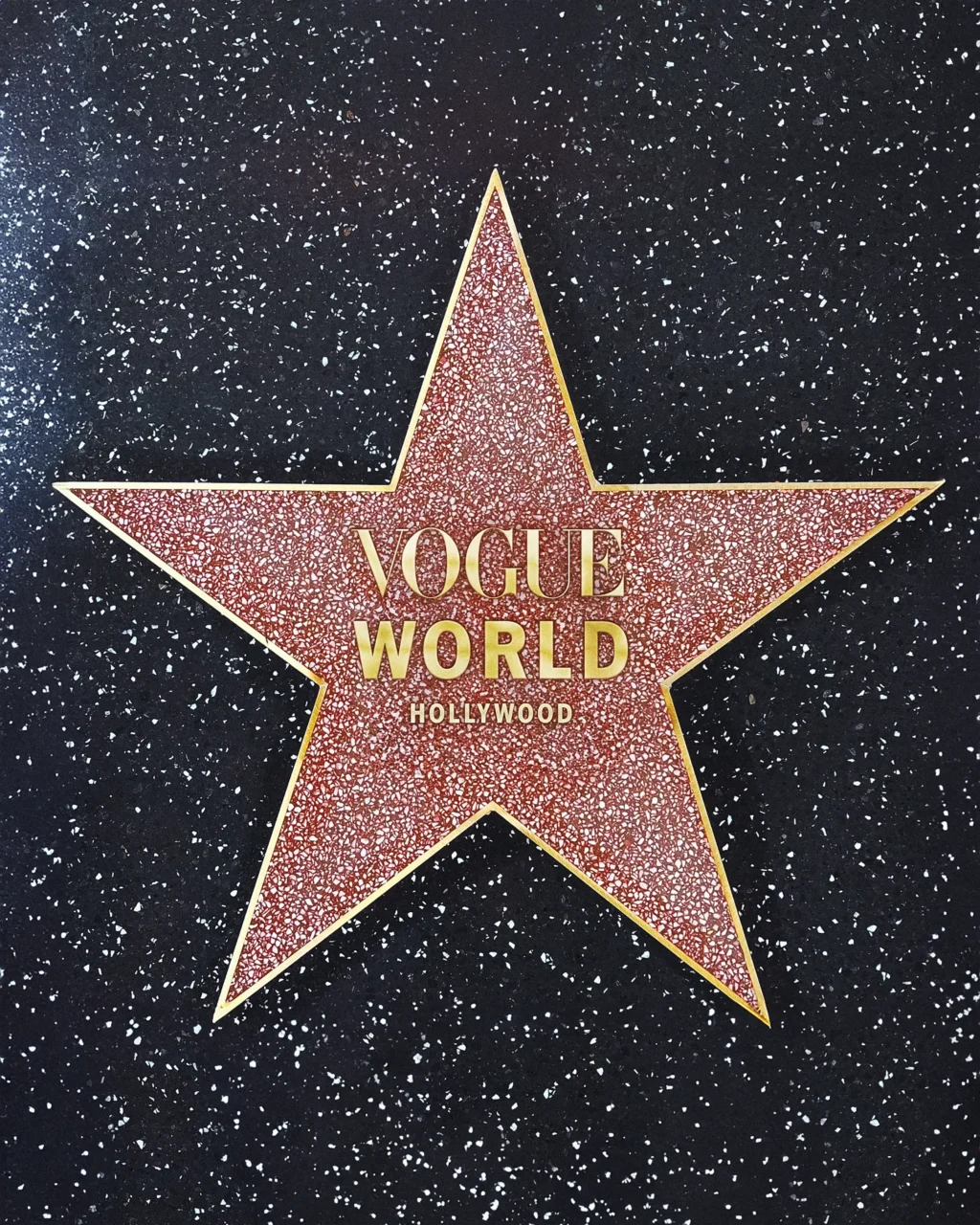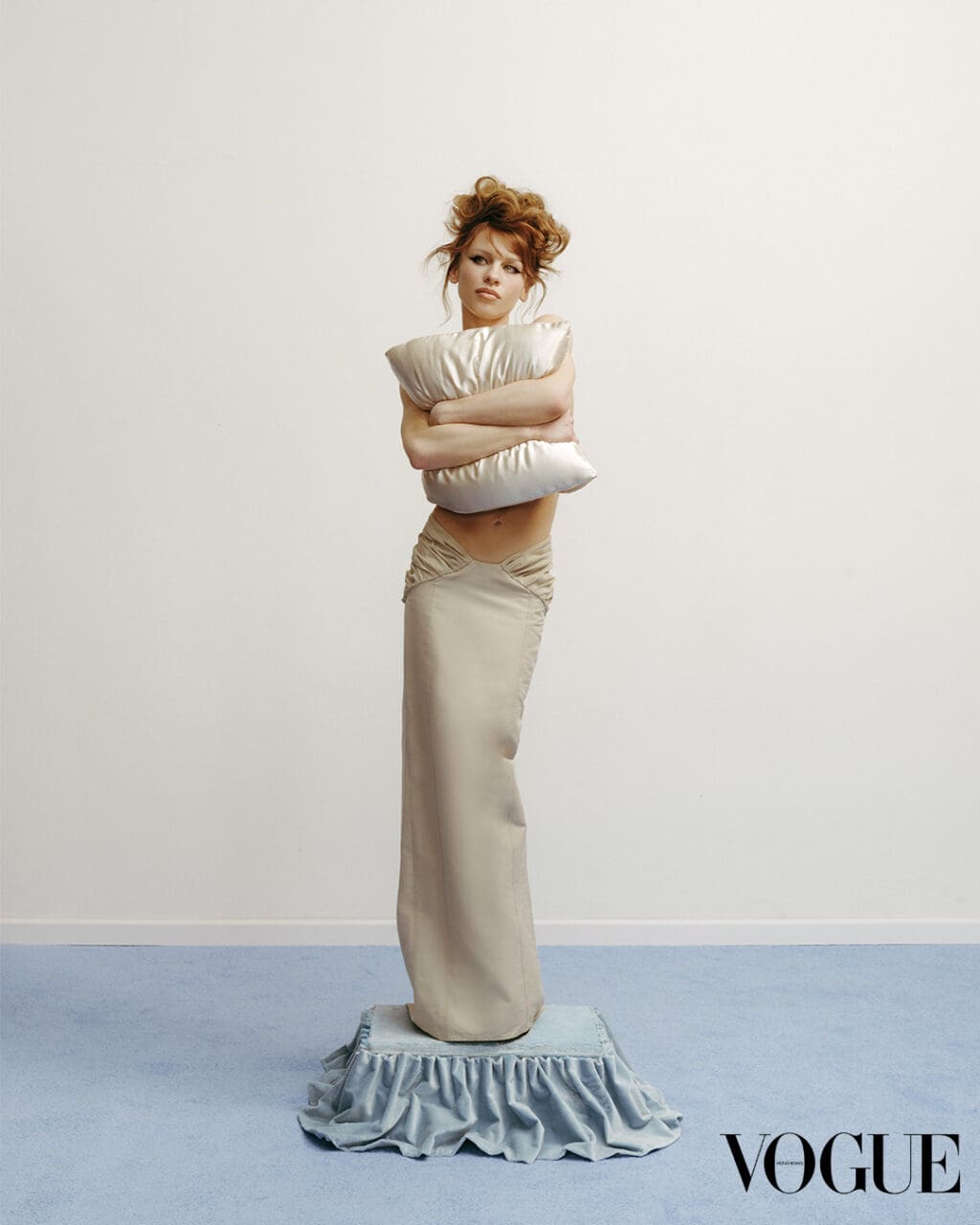Poetry can serve as a vessel for expressing one’s thoughts and feelings, as The Great Preface to the Book of Poetry states: “Poetry is where the mind’s intent resides. In the heart, it is purpose; manifested in words, it is a poem.” Hong Kong poet Nicholas Wong distils his lived experiences, thoughts, and ideas into verse, compiling them into his English poetry collection Crevasse. This work won the Gay Men’s Poetry category of the prestigious American LGBTQ literary prize, The Lambda Literary Awards, making him the first Asian writer to receive such an honour. While he has recently expanded from the medium of text to the realm of visual art, the core of his practice remains the documentation of his inner world.
Wong has been passionate about literary creation since childhood, candidly admitting that his sentimental nature has led to many unusual perspectives on life. He says, “I enjoy writing poetry in English. It’s almost as if using a second language allows me to piece together my scattered feelings without the need for excessive embellishment, leaving a result that feels more raw, fluid, and direct.” Born and raised in Hong Kong, Wong deftly explores themes of desire, gender, body, and sociocultural issues through his work. After winning the LGBTQ literary award, he was dubbed the “gay poet”, a designation he jokingly refers to as an “indirect coming out.” When asked if this label had become a creative constraint, Wong asserts, “No, because it’s a part of me. Even if the subject matter of my work isn’t always explicitly gay-centric, I am always writing from a queer perspective.”
Reflecting on his award victory, Wong insists he wields little influence. “The notion of ‘influence’ carries immense weight. When I was shortlisted, I simply bought a plane ticket as an excuse for a personal retreat. I was shocked to actually win – I often joke that it was just the rise of pluralistic values at the time that led the literary establishment to pay more attention to Asian creators like myself.” Though he jests about the achievement as mere performative allyship, there is no doubt that it propelled Hong Kong’s queer literary landscape into the spotlight. He continues, “For me, the trend at the time was that if an interview was conducted, opportunities were guaranteed to follow. But in terms of whether Hong Kong’s queer literature scene has developed, there is still significant room for growth. Of course, in recent years, there has been no shortage of thoughtful individuals developing publications or social media platforms to amplify their voices.
Even if the subject matter of my work isn't explicitly gay-centric, I am always writing from a queer perspective.
NICHOLAS WONG / Poet
Throughout the interview, Wong speaks with a gentle tone and demeanour, but he chuckles and describes himself as an emotional masochist, alluding to his vigilant self-critique. “I’m constantly questioning and doubting myself. Perhaps this madness is what fuels my creative inspiration. In recent years, I’ve begun exploring visual art, curious to see if working in different media might evoke new sensations. Visual art is more challenging than writing for me, as it requires extensive preparation and working within defined spatial constraints, which is a very time-consuming process.”
Just last year Wong published a poetry collection called Besige Me, and has since started exhibiting his paintings as well. When asked how he balances his various roles as a university lecturer, poet, and artist, he admits that he simply follows his emotions and focuses on whichever creative outlet feels most compelling at the moment. “Lately I’ve been devoting more time to visual art, as I’m eager to push the boundaries of what I can achieve. But the constant is my desire to express my innermost feelings through the creative process.” He shares his recent fascination with the works of artist Louise Bourgeois, particularly intrigued by how she blended poetry and visual art in her spider sculptures reflecting maternal love. “Above all, she is a poet. I want to understand how poetry and visual art can be integrated or changed.”
The world can be chaotic at times, sometimes losing its vibrancy. Amidst it all, Wong has always used his creative work to stay true to himself. “You can see I get a bit nervous when I’m getting my photo taken because I’m someone who needs some time to warm up. But with my art, I can express my inner self without inhibition and record my immediate state of mind. Of course, when I look back at my older pieces, I sometimes think they’re ‘trash’, but maybe that’s just part of my growth process.”
From the acclaimed work Crevasse to the present day, has the LGBTQ cultural landscape in Hong Kong progressed? Wong replies candidly, “The different LGBTQ circles are all just living their own lives – some are focused on having fun, others are working to promote greater diversity, and some are using their art to capture the social landscape. As long as everyone is happy with how they’re living.”
To be honest, when it comes to the idea of “diversity”, it’s not necessarily about finding a common ground. Everyone has their own perspectives and ways of doing things. True diversity means being able to recognise the indelible qualities in each individual – with Wong, you see an artist who is unafraid to express his emotions through his creations.
Photography: Oscar Chik
Styling: Katherine Ho
Makeup Artists: Heisan Hung, Vanessa Wong & Cathy Zhang
Hair Stylist: Kristy Cheng
Gaffer: Gloria Tang
Fashion Assistants: Foxla Chiu & Pianca Ngan
Translation by Zi Ying Ong
Editor
Simon AuCredit
Lead Image: Oscar Chik via Vogue Hong Kong





